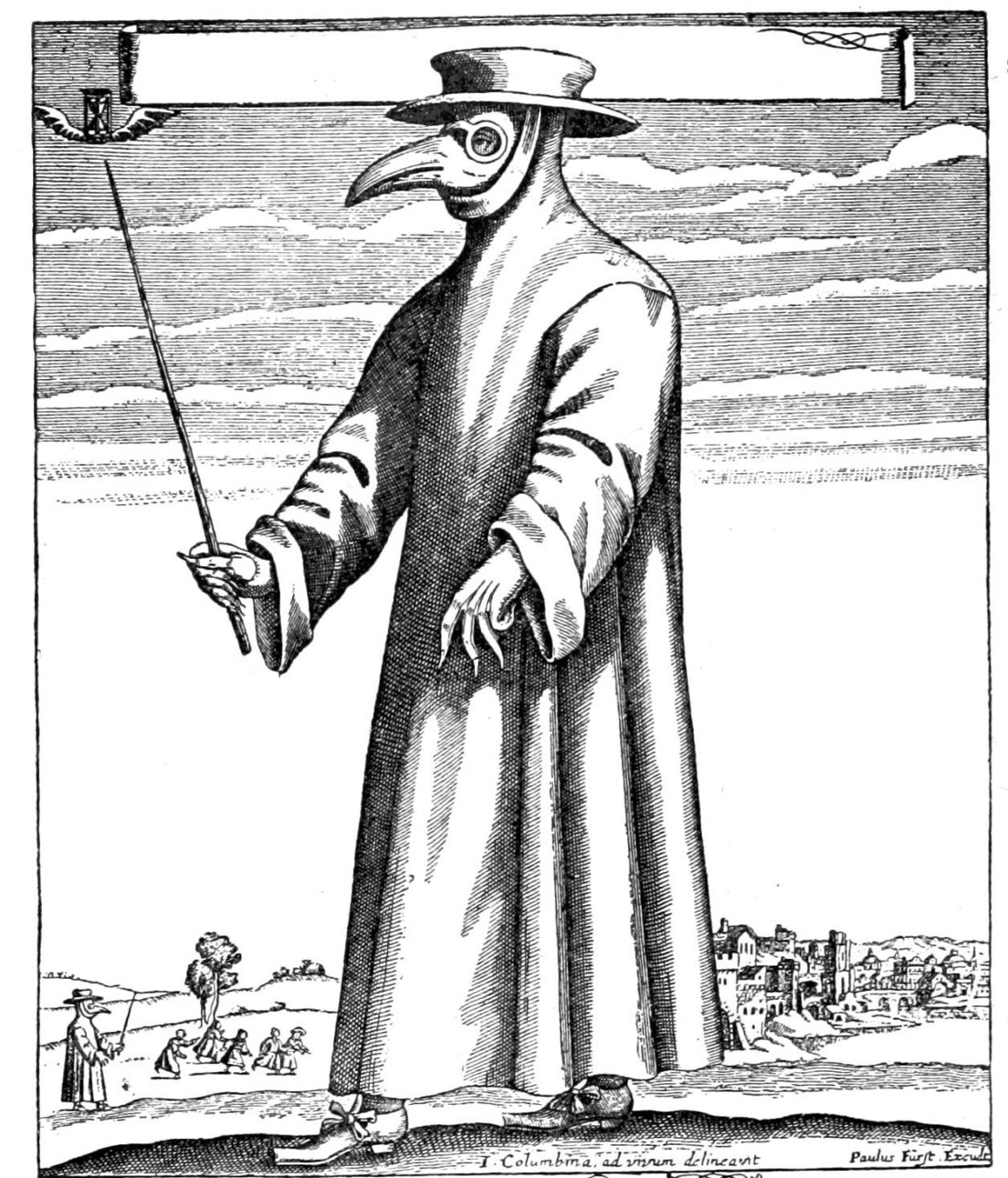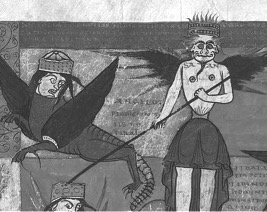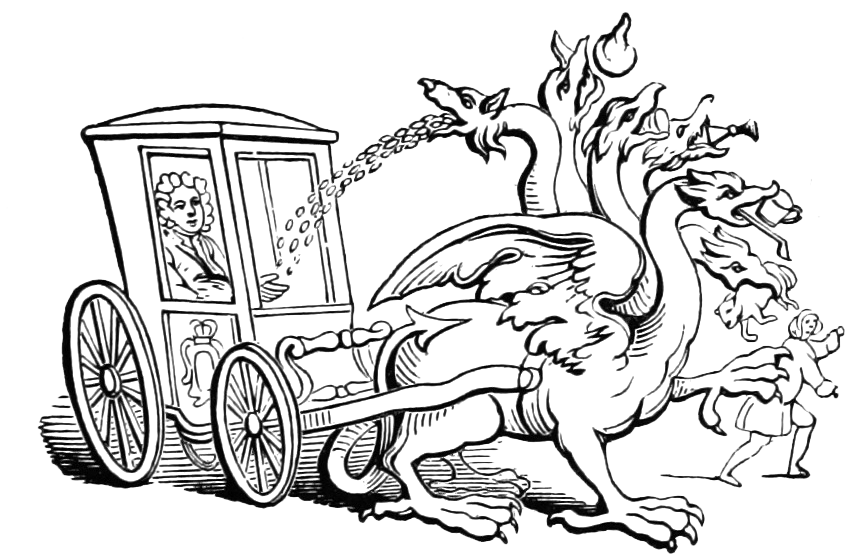To resist is our responsibility
Heriberto Paredes | Translated by Santi Mazarrasa
Freelance journalist and resistance photographer
Since March 4th, my partner and I have been working on a chronology of the COVID-19 progress around us and some other latitudes. We live in New York, one of the epicenters for the wide propagation of the disease. Here, cases exceed already the ten thousand threshold and everyday new identified cases are added to those. By the time you are reading this, situation will be aggravated.
We cannot and must not go out.
I remain loyal to my profession. I have the impulse to go outside to report, to approach people and ask them what is going on. My whole life I have been at the scene, where there is suffering, violence, death and pain, but also joy and autonomy, where there are options, new roads to build.
But now it is different: we have decided not to go against the overall directions given by the Government of the State of New York. We have made this decision because we consider resisting and surviving the pandemia to be fundamental. Not only to see the wave of infection from the inside but also learn to evade it and leave it behind.
We are afraid, but we also will to live, to leave our homes and come back to the arena, to fight in our trenches, to have contact with the people we love. We have a huge desire to calmly walk under the flowered trees of spring and, most definitely, we want to be back to not being afraid of the infection. We have the desire to live on and wish that this desire is not wasted. Let it be what is transmitted.
Defeats, beauties and contradictions
In our daily journal, next to the number of confirmed cases and deceased ones, I wrote that our societies occasionally show themselves as self-destructive. But, nevertheless, as species, we have also generated relevant attitudes such as love and the ability to help each other. I think we should not let ourselves be defeated so fast by the biggest pandemia our history: capitalism.
We are historically responsible for resisting and surviving in order to build alternative ways of coexistence. It is horrific to think that industrial development binds us to the speculation against masks and respirator´s scarcity. It is horrific to think about being charged for a test that identifies if we are or not infected with COVID-19. That is why it helps a lot to think that pandemia´s worst defeat would be our survival.
It is highly probable that we won´t return to the world we once knew not so long ago. Truth is, a large part of what we were used to before was, basically, shit: exploitation, misery, xenophobia, racism, gender violence, disappearances, the destruction of nature, and the plundering of thousands of communities by the same governments that now vied with each other to generate a vacuum for the virus.
We must get out of the confinement´s battlefield and collectively learn how to do it. We can gradually achieve it: from getting to know the ones around us, who lives in our building, in our neighborhood, from the small gestures to building new support networks that will allow us to move forward without waiting for the resolutions of the health institutions. The achievement of an anticapitalistic ethic will foster the rise of new ways to relate to each other.
Let me give you an example of how we are at the mercy of our captors and must, as far as possible, escape this Stockholm Syndrome: in Mexico, the country I come from, at the beginning of 2020, thousands of cancer patients demonstrated to demand the reestablishment of health subsidies that secure chemotherapy treatments. Now we depend on the same incompetent, perverse and shady government, and the same thing happens in the US, where the public health system was long ago dismantled.
A country like mine is not a failed state, on the contrary, it is very efficient when it comes to exercising a sort of necro-politics that have taken the lives of more than two hundred thousand people and has more than sixty thousand missing persons. There is no reason to believe that this state is going to preserve its population as long as its criminal status stays untouched and does not bet for life.
Geographer David Harvey claims in “Anticapitalistic politics in times of coronavirus” that after “forty years of neoliberalism in North and South America as well as in Europe have abandoned a completely exposed population that is now poorly prepared to face a public health crisis as big as this one (…) In many regions of our so-called “civilized world”, local and regional authorities, invariably the defensive frontline for the security and public health´s emergencies such as this one, were deprived of the necessary funding, thanks to austerity policies programmed to finance tax cuts and subsidies for companies and high-income population”.
Those who put us into this austerity as well into the lack of dignified health options, those who devaluated health as a human right, are the same ones that are now in charge of saving economies and the infected population. Beyond mistakenly disobeying the sanitarian security measures, this confinement can serve the purpose of analyzing and strengthening our collectivities.
To take this emergency seriously is a responsibility needed for survival. Once life its safer than under the risk of infection, it will be possible to attend to the factors that brought us to this dilemma.
Nodo Solidale, integrated by Italian population that live for a long time in Mexico, issued a sturdy and accurate statement in which they claim that “when the first COVID -19 cases were diagnosed in Italy, a lot of people said it was a lie, another fabrication from a government aimed to make us afraid and militarized the country. This was then also our impression: we made fun of the security measures. We were wrong. The expansion of the virus, we thought, had been taken as a pretext to militarize the country and criminalized fundamental rights such as freedom of assembly, but soon we had to recognize that COVID-19 was a real danger.
Besides witnessing how much of our everyday lives have faded away, we have also the responsibility to take note of those things that helped us and those we have learned that foster “a good life”, which is not an idea but a way to lead ourselves with dignity. But we must reinvent ourselves because we are on the stage of prevention. Already Nodo warns us when it refers to the actual circumstances: “Because it is one more threat to life, one from which we must defend ourselves and that requires a different attitude, one which we are not yet used to”. For that purpose, the beautiful things of life are very useful.
Dignified death is also ours
A short parenthesis to the structural analysis. Or maybe it is just more of the same. Up to you all. The situation is as follows: as I witness the long line of military trucks transporting the coffins in which the remains of the deceased in Italy rest, a deep pain comes over me, an anguish that does not let me sleep.
Half a block from the buildings we live in, pure Manhattan, there is a hospital where one could frequently hear the sirens from ambulances, some at night, some during the day, but not there is a considerable increase of these death sounds. Let´s say that the images from Italy and its dead ones, not allowed to physically bid their loved ones farewell, are accompanied by the sound of the ambulances that now teem the air I breathe.
We breath death but cannot realize it.
But that death is also ours, we must recover it so it does not happen again in solitude, with the comfort of tablets hold by doctors, so the thousands of victims can say goodbye through a videocall. There must be mechanisms that overcome these videocalls of death.
It is terrible to normalize the existence of these caravans of death that take our dead ones in order to protect the non-infected population, while some journalists manage to get a hold of the appropriate suits, enter hospitals and record scenes from that same people that could not even hold their latex covered hands with their families.
Hopefully we will not reach the moment when, as the New York Times puts it, medical staff will have to decide who to give a respirator depending on which patient has, according to the protocols and medical supplies, the biggest possibility to recover. One more currency of capitalism´s biopower now turned into an imposed obligation for the doctors.
To reclaim death and turn it ours, reclaim “the right to live –and to die– in peace, in contrast to the right to say goodbye through a device.
To resist is not a lonely task
Ayuujk linguist, Yásnaya Aguilar, recently conducted a recount on the plagues of her community, located on the mountainous regions of Oaxaca, México. Among the most lucid claims I have read, it is the main lesson from her great great grandfather: “the individual good does not oppose to the collective one, but rather depends on it.”
In times of crisis and recommended social distancing, a lot of people have taken the opportunity to isolate themselves, to defend their individualism and act aggressively against other event at the supermarket. Episodes of xenophobia and racism were frequent at the beginning of the pandemia, Chinese population were accused of being the cause of this evil. There are still people who think that it´s all fake, that this crisis is nothing but a good moment to loot for the sake of looting, without acknowledging that survival and struggle strategies are supposed to benefit collectivities and not individuals.
It has been already said by the Ejército Zapatista de Liberación Nacional (EZLN) at the end of its most recent statement on the COVID-19 crisis: “We appeal to not give up to the fight against feminicide violence, to keep fighting for the defense of the territory and Mother Earth, to keep fighting for the missing ones, the murdered, the incarcerated ones, an to raise high the flag for Humanity. We appeal not to lose human contact, but to temporarily change the way to recognize each other as partners, brothers and sisters.
Let us not lose sight of the fact that it is this development model what brought us here, to the anguish of masks and respirators, to mortuary breath and rejection paranoia.
A few days ago, Judith Butler pointed out that the virus does not discriminate, It can affect anyone. Nevertheless, the denial of universal health rights for everyone, that is to say one of the most poisoned gifts of capitalism, will allow the virus to, in fact, discriminate, as soon as vacuum is finally patented. In contrast, about possible sources of collectivity, she claims that Bernie Sanders could have a response on his proposal for a universal health system for the US.
Will the answer come from the state?
We have survived, I point out once again, the biggest pandemia in History: capitalism. So many communities have fought against it and survived that it is now our responsibility to learn from them and persist on the face of the Earth. Because, besides being a sort of cancerogenic fungus, we are also capable of things that are worthy. As, for example, to learn that it is false that individual good opposes collective ones. Yásnaga adds that “the collectivization of care can stop the pandemia”
Sadness and individualism are not everything. While staying at home we can also start to shake off the sorrow and the nihilism, and to build a different path. In the meantime, I will keep on with my entries in the journal of this pandemia













